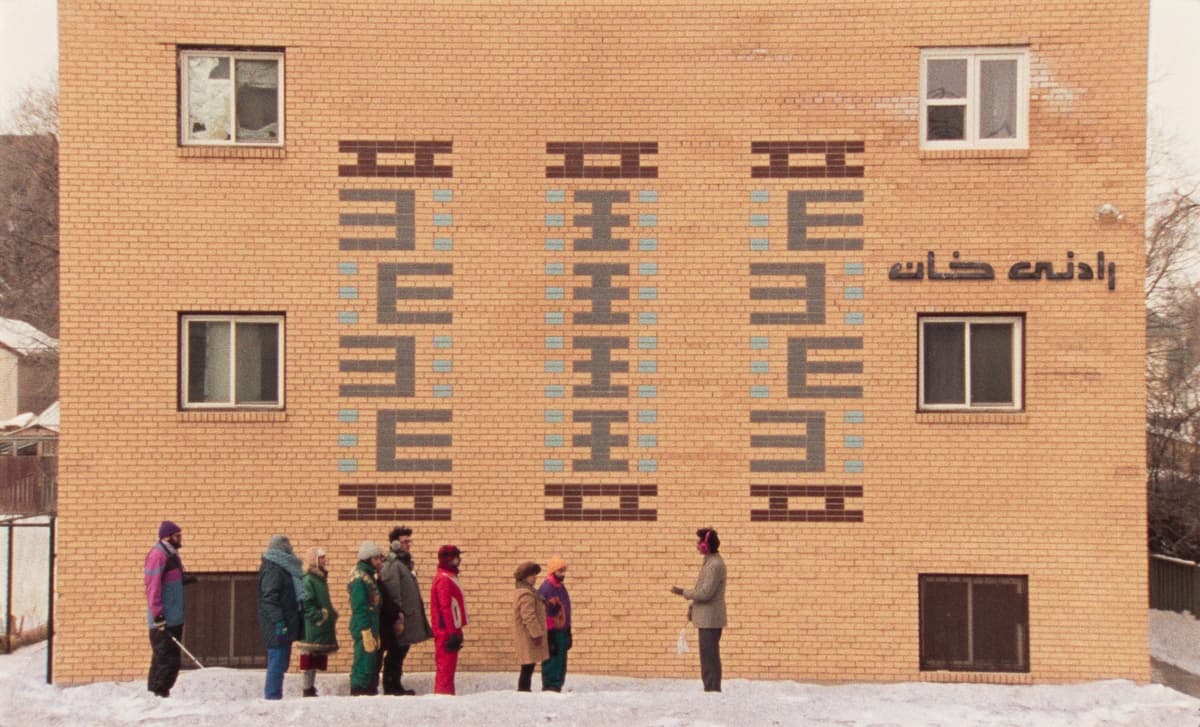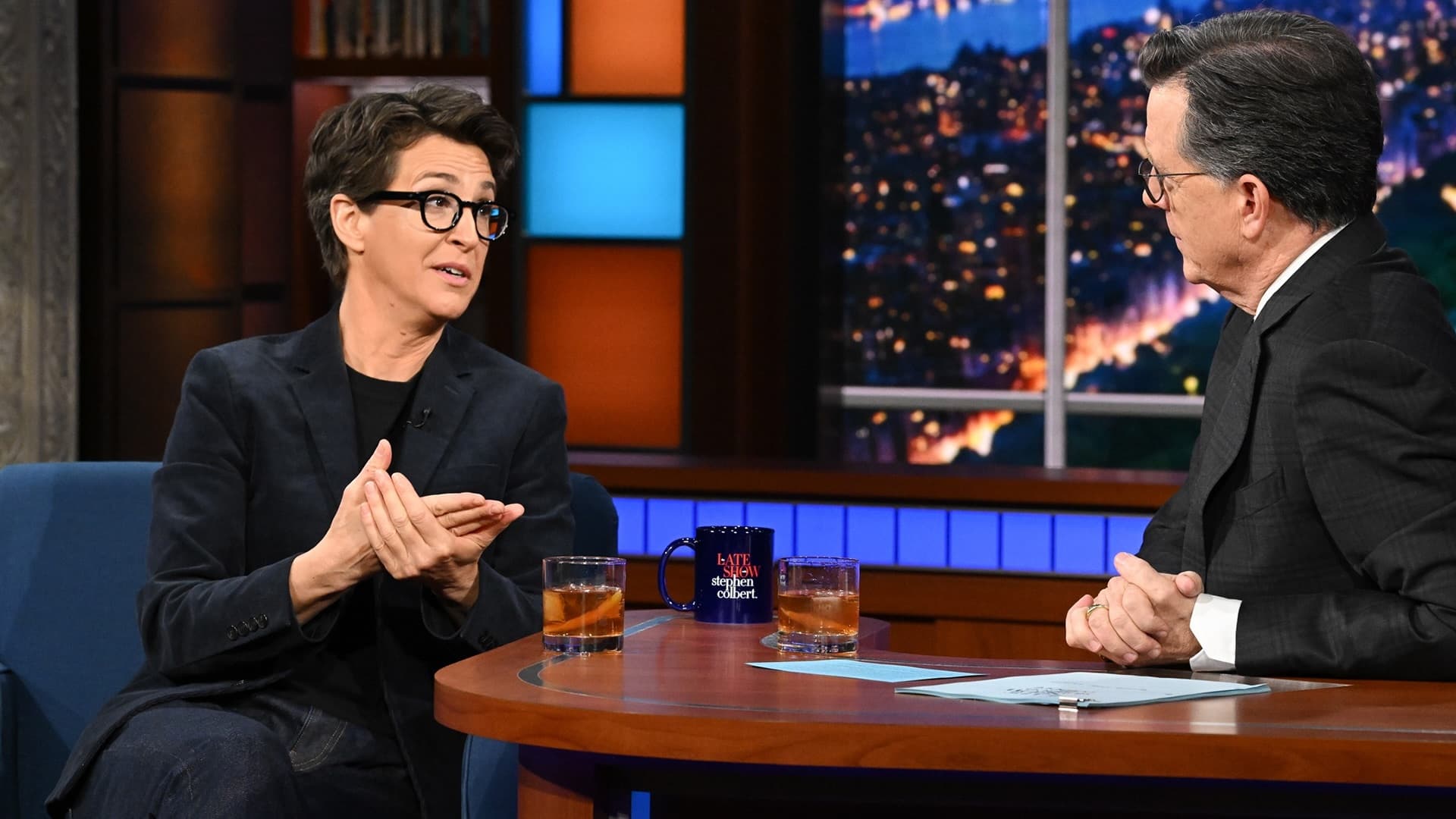
Mr. Trump, Please Give Us a Transformational Fed
By LAWRENCE KUDLOW
|We’re in territory that bears the influence of Wes Anderson’s oxygen-free absurdism and the studied mannerism of Jacques Tati. But sometimes a body pines for a movie that doesn’t wear its IQ on its sleeve.

Already have a subscription? Sign in to continue reading
$0.01/day for 60 days
Cancel anytime
By continuing you agree to our Privacy Policy and Terms of Service.

By LAWRENCE KUDLOW
|
By LUKE FUNK
|
By BENNY AVNI
|
By NOVI ZHUKOVSKY
|
By JOSEPH CURL
|
By THE NEW YORK SUN
|
By A.R. HOFFMAN
|
By BRADLEY CORTRIGHT
|